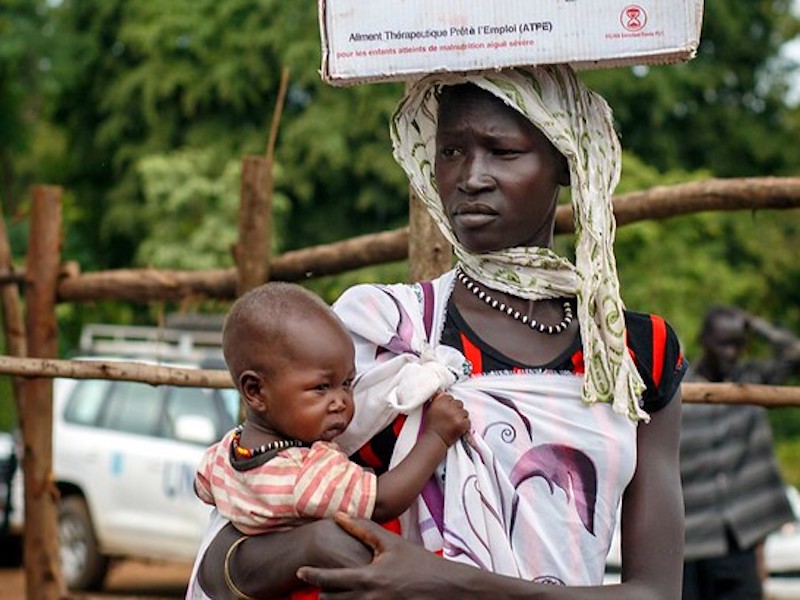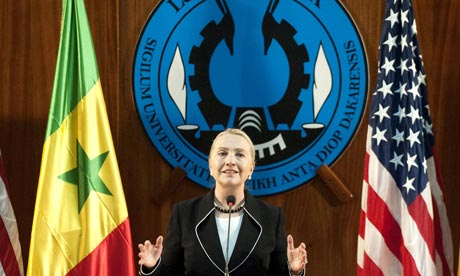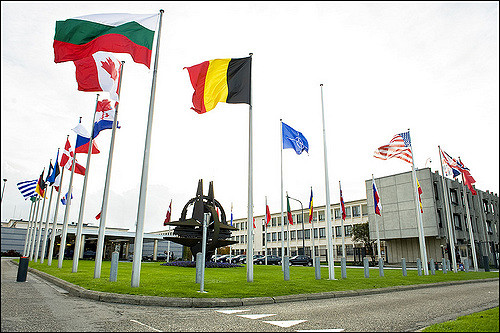When the individuals that claim to provide comfort and support resort to exploitation and abuse, where do those searching for refuge go? Malakal Protection of Civilians (PoC) cite, established in December 2013 in South Sudan, is home to approximately 37,000 people seeking help from the dangerous political atmosphere surrounding them; however, the reality of certain aid provisions is shocking.
In September 2022, an investigation led by The New Humanitarian and Al Jazeera found that aid workers from Doctors without Borders, the World Food Program, World Vision, and U.N. peacekeepers have been involved in multiple instances of sexual exploitation and abuse since soon after the opening of PoC in 2013. The incidents of abuse have only increased since 2013.
In December 2021, one woman from PoC spoke of the circumstances of her pregnancy, which was brought on by a consensual relationship with an employee from the World Food Programme (WFP). Even consensual relationships are banned by the WFP due to the significant power imbalances present between aid workers and the recipients of aid. The woman further explained how she has now put her 15-year-old daughter on birth control due to fear of the continuing sexual violence and abuse.
Individuals at the camp have also reported being raped by workers from World Vision. When this information was brought to World Vision, the organization stated that they would be opening an investigation into the case, whereas WFP stated that it could not comment on its cases of exploitation.
Through testimonies detailed in a UN Population Fund report in October 2020, it was found that residents of PoC experienced sexual exploitation by UN and NGO workers on a daily basis. Residents also stated that the workers rented houses in PoC to engage in sexual relationships with women, in addition to paying bribes to access women from the camp.
Although some women stated that the relationships were consensual, they also mentioned relying on the money or gifts provided to them in exchange to support their families. Despite the presence of consent, the UN still categorizes this as sexual exploitation due to the power imbalance between the parties.
Will the perpetrators be held accountable?
Soon after the publication of The New Humanitarian and Al Jazeera’s report, UN Secretary-General’s spokesperson stated that “The Secretary-General is appalled by these allegations of sexual exploitation and abuse which causes irreparable harm to victims and their families.”
Unfortunately, this kind of abuse is common during U.N. peacekeeping missions, with the highest counts of allegations stemming from missions in the Democratic Republic of the Congo, Central African Republic, Haiti and Liberia. More than 1,200 allegations of sexual abuse resulting from peacekeeping missions have been reported since 2010. Sexual abuse is commonly underreported, however, and even when it is reported, only about 16% of cases result in punishment. Given this, it is hard to trust that the Secretary-General’s outrage will result in justice for the victims of such abuse.
What can non-recurrence measures look like?
On the topics of achieving justice and accountability for the South Sudanese women who have fled the war and those who remain living in the camps, Aluel Atem, South Sudanese feminist activist, has stated that “It’s not a matter of having beautifully written zero tolerance policies, they must serve and protect victims and survivors without any compromises.”
A common response to past incidences of sexual abuse in refugee camps has been to increase the proportion of female aid workers within organizations. However, Atem’s statement is a prominent one in that it reminds aid organizations that increasing their female workforce is not enough. Aid organizations need to seriously transform their processes by incorporating more comprehensive sexual and gender-based violence programs, being more selective hiring processes, and demonstrating a stronger commitment to caring for victims and survivors. In the case of the sexual violence perpetrated by aid workers in South Sudan, organizations must look at how to ensure they are not bringing turmoil to locations in which they are supposed to be combatting it.
Photo: Refugees from South Sudan receives emergency assistance at Kule refugee camp in Gambela region of Ethiopia (2014) by UNICEF Ethiopia via Flickr. Licensed under CC BY-NC-ND 2.0.
Disclaimer: Any views or opinions expressed in articles are solely those of the authors and do not necessarily represent the views of the NATO Association of Canada.




